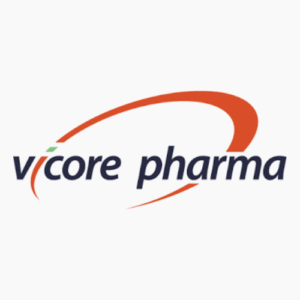Bertil Lindmark
Chief Medical Officer Vicore Pharma Holding
Dr. Bertil Lindmark, Chief Medical Officer at Vicore Pharma, brings nearly 30 years of drug development expertise with a focus on respiratory and inflammatory diseases. Formerly with AstraZeneca, Almirall, Galecto, and ASLAN Pharmaceuticals, he has led global programs behind landmark therapies such as Symbicort and aclidinium bromide. His career spans translational research, clinical innovation, and portfolio strategy across large pharma and biotech. Passionate about addressing unmet needs in fibrosis, Dr. Lindmark now leads Vicore’s regenerative efforts targeting the AT2 receptor pathway to restore lung function and halt disease progression.
Seminars
With Nintedanib and Pirfenidone approaching patent expiration, the IPF treatment landscape is at a pivotal moment. The industry is now exploring next-generation therapies, combination strategies, and novel mechanisms of action to address the remaining unmet needs in fibrosis progression and lung function preservation. However, as new therapeutic approaches emerge, challenges arise in clinical trial design, endpoint selection, and regulatory pathways.
This panel will examine the evolving IPF treatment paradigm, discuss the role of combination therapy, and explore how the
upcoming shifts will influence drug discovery, clinical development, and patient outcomes.
Discussion Points:
- What impact will the upcoming patent expirations of Nintedanib and Pirfenidone have on innovation and investment in IPF drug development?
- How are combination therapy strategies shaping the future of IPF treatment, and what are the key scientific and regulatory hurdles to address?
- What lessons can we learn from the development of past fibrosis treatments to optimize clinical trial design, including endpoints beyond FVC?
- With new mechanisms in development, what biomarkers and surrogate markers can better predict treatment efficacy and guide future therapeutic strategies?
- How do we ensure that novel therapies advance patient outcomes while maintaining accessibility and regulatory compliance in an evolving landscape?
- How evolving payer expectations around value, outcomes, and cost-effectiveness should inform early clinical trial design in IPF to support future market access, especially as next-generation therapies and combination strategies emerge

